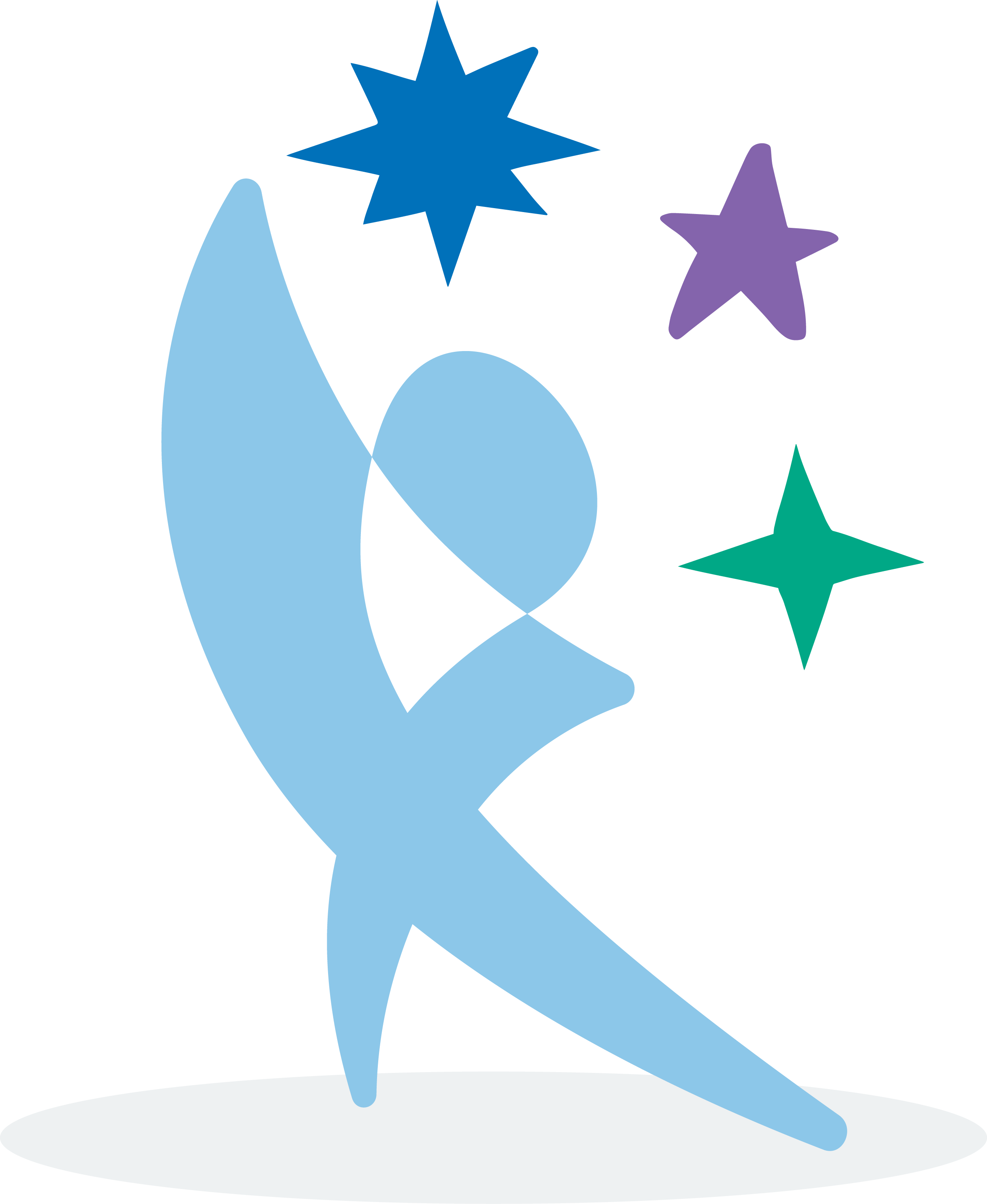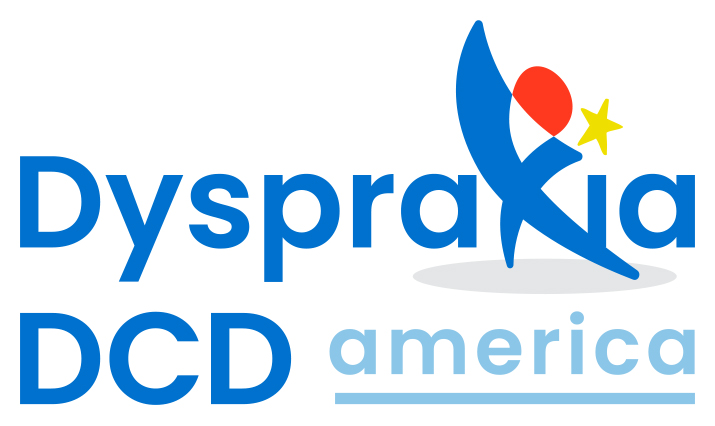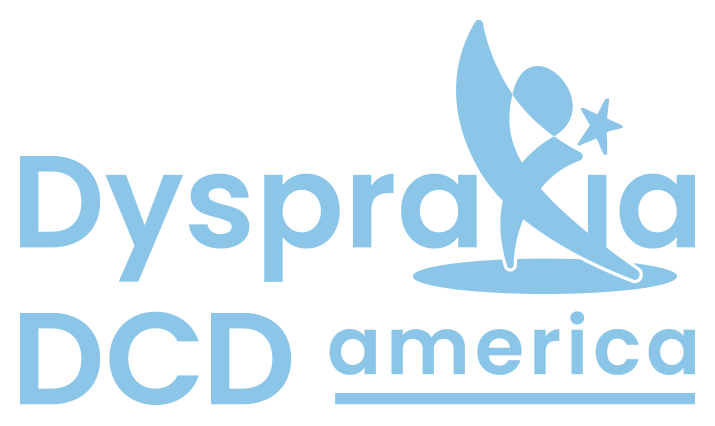Adults
Especially for Americans, it is likely that there are many adults who have never been formally diagnosed but may identify as having Dyspraxia/DCD.
With or without a medical diagnosis, adults with Dyspraxia/DCD will have a history of issues such as those listed for Children and Teens/Young Adults.
Our goal is to provide support and strategies to help cope with daily activities at home, school, work and in pursuing hobbies and enjoying sports or other activities.
“Adults with DCD are at higher risk for social, emotional, academic, psychiatric and professional problems.”
Tal-Saban et al., 2012
Signs & Symptoms
Listed below are the diverse areas that may be impacted by Dyspraxia/DCD as well as what the adult may experience. Remember, all adults with Dyspraxia/DCD will have some difficulties with fine and/or gross motor skills. Other areas of impact may differ depending on the adult.
How is Dyspraxia/DCD Diagnosed?
Adults can seek a formal diagnosis but it is more challenging to get than it is for a child. The primary reason for that is that there is no diagnostic tool for adults over 21 that physicians can use.
The Bruininks Oseretsky Test-2 (BOT-2) traditionally was used to diagnose children but has been expanded to include young adults up to 21 years old. For over 30 years, professionals have used the Bruininks-Oseretsky Test of Motor Proficiency as the go-to instrument for measuring gross and fine motor skills. Examiners with backgrounds in occupational therapy, physical therapy, and developmental adaptive physical education or related fields may administer, score, and interpret the BOT-2.
In the absence of a formal diagnostic tool, some medical professionals might rely on screening tools. The Adult Developmental Coordination Disorders/Dyspraxia Checklist (ADC) is a self-report questionnaire that can be used to identify adults who may have Dyspraxia/DCD. The checklist asks questions about an individual’s history of coordination problems, as well as their current ability to perform everyday tasks. The ADC is a good tool to use as a first step in the diagnostic process. If you score high on the ADC, it is likely that you have Dyspraxia/DCD and should see a healthcare professional for further evaluation. The ADC can also be used to track your progress over time and to monitor the effectiveness of any interventions that you are receiving.
It is important to note that there is no single test that can definitively diagnose Dyspraxia/DCD. A diagnosis is typically made based on the results of a comprehensive assessment that includes a combination of tools and methods.
If a formal diagnosis is made, there are two medical codes that are most commonly used for Dyspraxia/DCD. Medical codes allow healthcare providers to identify, document, diagnose, treat, and track the progress of patients with dyspraxia. They also allow healthcare providers to communicate with each other and to ensure that patients receive the best possible care.
Traditionally, most American physicians would use the DSM code exclusively but over time they are using the ICD as well. In the United States, Dyspraxia/DCD must be diagnosed by a medical doctor (MD).



A diagnosis will include the following:





